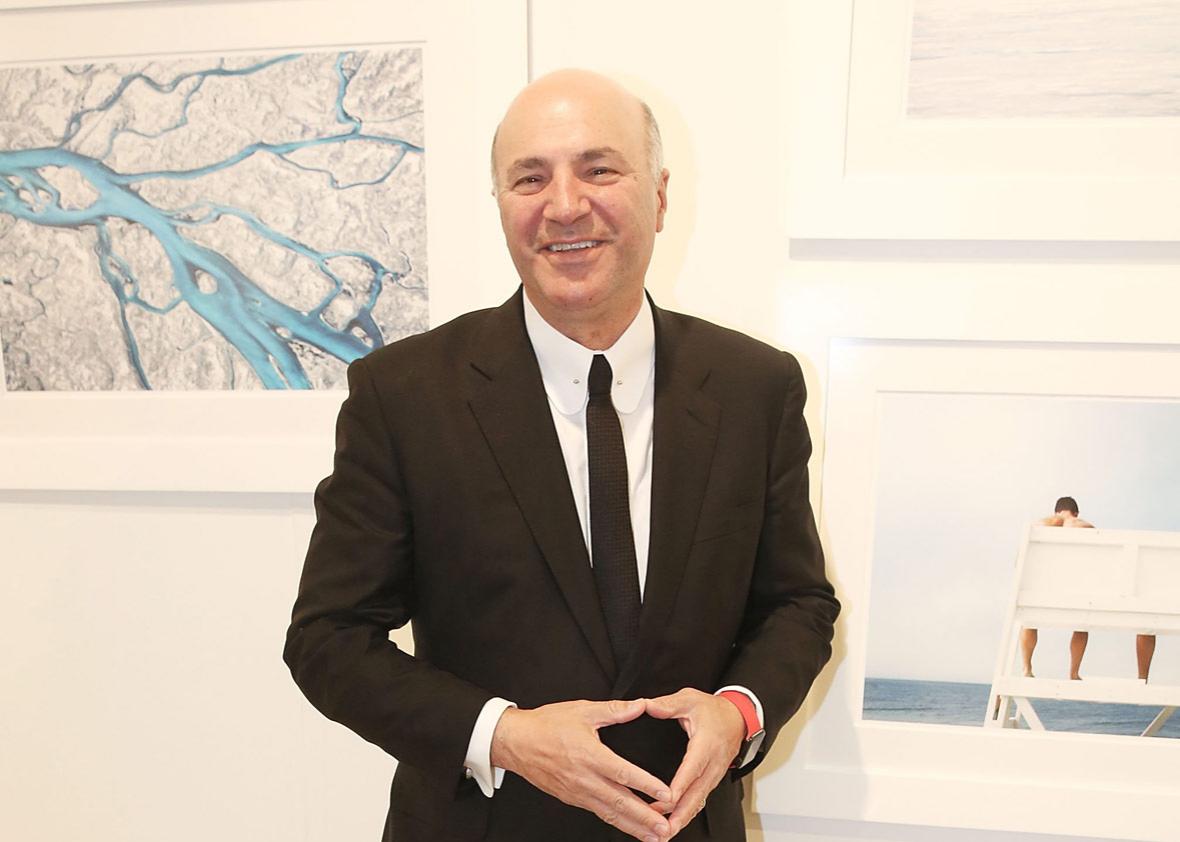In a truly surprising move, celebrity businessman/self-appointed “Mr. Wonderful” Kevin O’Leary has dropped out of the race to become the leader of Canada’s Conservative Party, one month before the party vote. The Shark Tank star was running to become the main opponent to Liberal Justin Trudeau in the next federal election.
It’s a strange end to a strange campaign – O’Leary was by most lights the front-runner, averaging more than 20% on every poll since he entered the race. But his run was marred by accusations he didn’t actually want the job. By most accounts, O’Leary spent more than half of the campaign in the United States, and was absent for lots of mandatory campaign events. O’Leary skipped a recent debate to be with his wife on their anniversary, then appeared on MSNBC from Miami the next day. Many Canadian pundits wondered why he was even bothering.
Dropping out while you’re ahead is a baffling move, but there are a few reasons O’Leary might have done this (besides, of course, some huge personal scandal we don’t know about). One is that he may not have wanted to take a big pay cut and move to Ottawa. While he committed to leaving Shark Tank if he became Prime Minister, he was still planning to host the ABC show until the next election, though holding both jobs would have been rife with conflict.
Another is that he may have realized the job of running a political party is hard, unpleasant work. While O’Leary clearly reveled in the media attention that comes with running a campaign, he often seemed ill-informed on policy issues. His proposals on refugees and taxation weren’t terribly detailed, and when he did try to dive in, he sometimes advocated for policies that might not be legal. Leaders in Canada need to wrangle unruly coalitions of MPs to get legislation passed, and O’Leary disagreed with mainstream conservatives on everything from gay rights (he’s pro) to access to abortion (pro again) to assisted suicide (he thinks it should be legal) to marijuana legalization (he’s in favor). He would have been leading a party he arguably didn’t belong to.
But the biggest factor is probably the official one – he couldn’t actually win an election against Justin Trudeau. There was already doubt he could win the leadership. While O’Leary was ahead in the polls, the Conservatives are using a ranked ballot, a system unfriendly to divisive candidates like him. The ballot was also weighted by riding, which means a district with over 5000 members in Alberta had the same value as a Quebec riding with only 14. O’Leary does not speak French, and had had a difficult time courting supporters in Quebec, which is necessary for almost every successful campaign in Canada. So while he recruited over 30,000 people into the Conservative Party, their concentration in the west and Toronto meant they weren’t actually worth that much.
O’Leary’s has officially endorsed Maxime Bernier, who was running in third place, for the leadership job. In many ways, Bernier’s more dangerous than O’Leary – he’s more electable, fluently bilingual, and a former cabinet minister. He’s also a staunch libertarian. Bernier wants to use the military to stop refugees from crossing the border into Canada, slash funding for Canada’s public broadcaster, start a debate about returning to the gold standard, and end government subsidies for the dairy and auto industries, the kind Trump is currently complaining about. While many Canadians were worried O’Leary would bring Trump-style insult politics north of the border, if Bernier succeeds, the changes they see could be much more radical.
